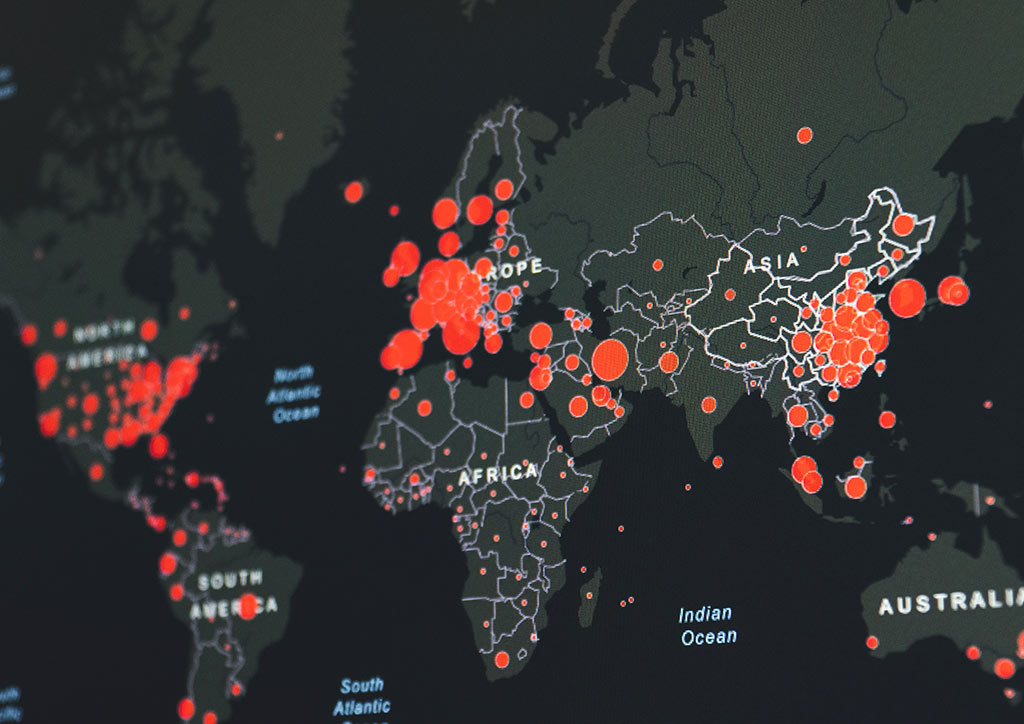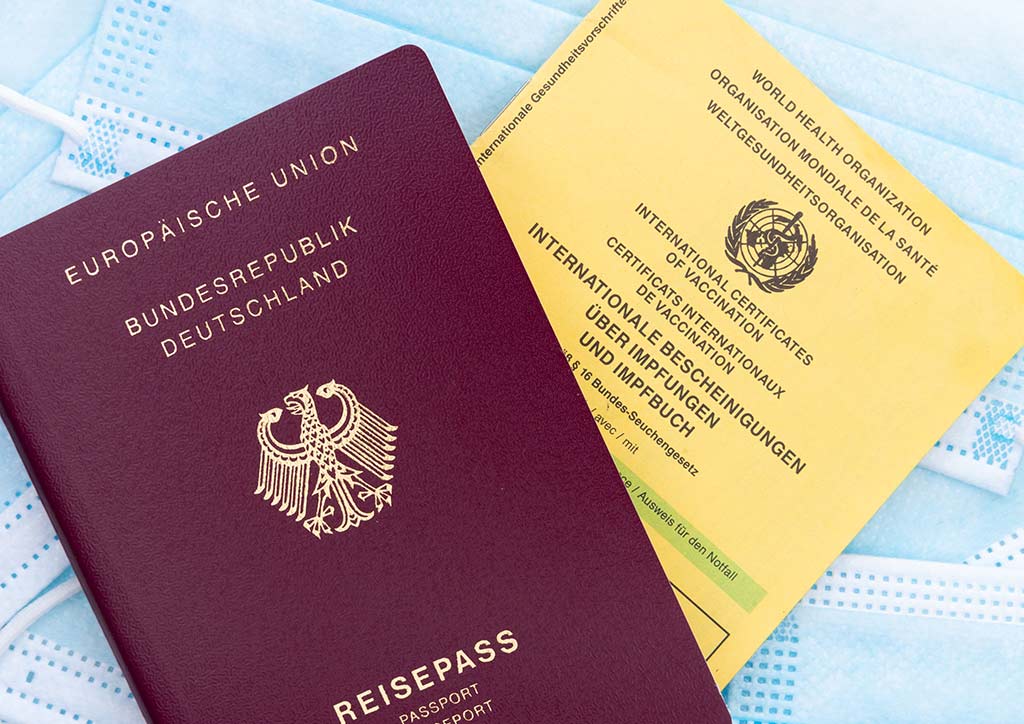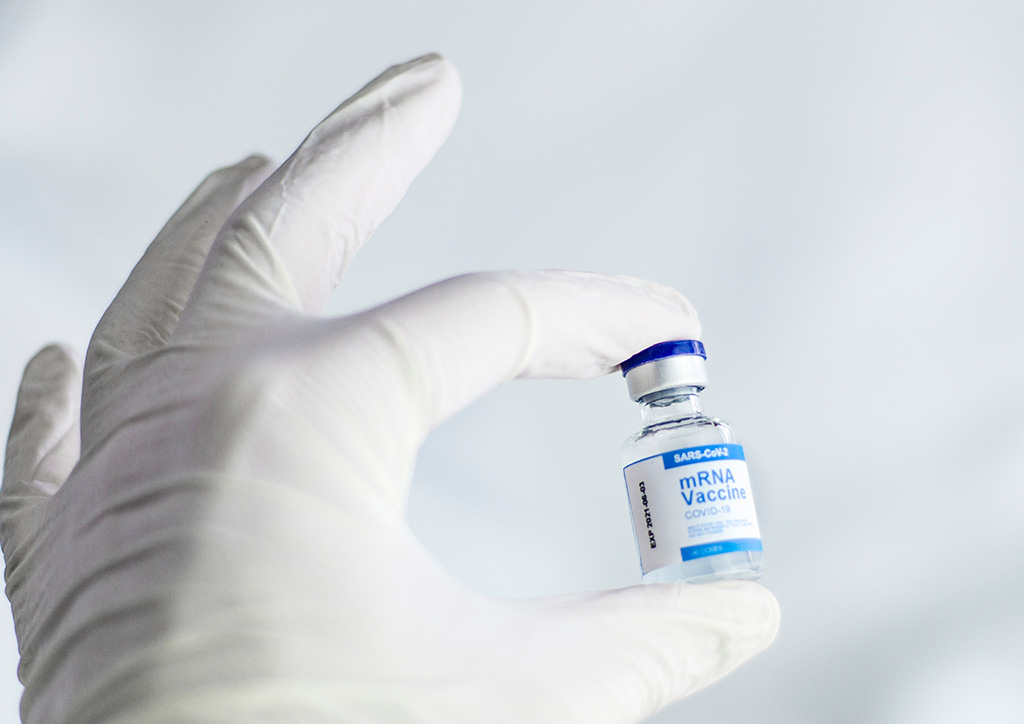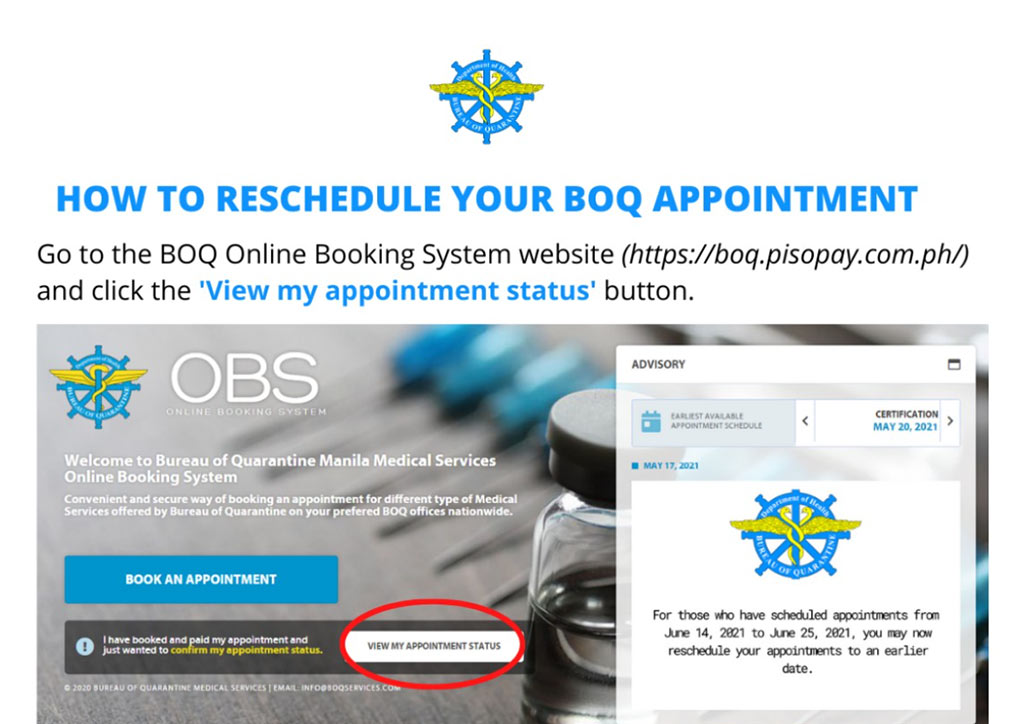The yellow card is a WHO-recognized document.
READ ALSO: COVID Update: The Lambda Variant Has Been Detected In The Philippines—Here’s What We Know So Far
The Department of Health’s Bureau of Quarantine (BOQ) has started issuing international vaccination certificates (IVCs) that Filipinos traveling abroad can carry as documentary proof that they are fully vaccinated against COVID-19.
Also known as the yellow card, the World Health Organization (WHO)-recognized certificate is a type of document that has been in existence since 1935. It was used to record a person’s immunization against infectious diseases like polio.
It’s been updated to include information about an individual’s COVID-19 vaccination. It recently gained attention, too, as it was the proposed solution when Hong Kong denied returning overseas Filipino workers entry due to vaccination cards that are not connected to a single source.
But just like vaccines, is it necessary for you to get it?
Not mandatory
Not if you have no immediate international travel, says BOQ. It is only issued to travelers going to countries that require it.
Currently, only Filipinos with contracts overseas or confirmed flight bookings can apply for an IVC, as well as those who have been fully inoculated with WHO-recognized vaccines: Pfizer, Moderna, AstraZeneca, Johnson&Johnson, Sinovac, and Sinopharm.

Photo by Martin Sanchez on Unsplash
The yellow card is also not a substitute to the cards issued by LGUs during their respective rollouts of COVID-19 vaccines. In fact, BOQ will require that these vaccination cards be presented by an applicant prior to issuance.
It also does not serve as an immunity passport as there is no sufficient evidence yet that post-vaccination transmission can be prevented. It’s a sentiment a WHO panel has echoed.
“We have long been advising against using COVID vaccination passports for international travel due to non-equitable availability and need for robust evidence for prevention of virus transmission post-vaccination,” says WHO chief scientist Dr. Soumya Swaminathan in a report by Mint.

Photo by Markus Winkler on Unsplash
How to apply
In case you need it, however, book an appointment via BOQ’s website where you can choose to apply through its Manila office, or satellite offices in SM Mall of Asia or SM North EDSA.
Payment of the processing fee (P300) and convenience fee (P70) can be settled through credit card, online banking, GCash, PayMaya, or over-the-counter through 7-Eleven or LBC.
Once paid, proceed to your chosen application site and present the QR code which indicates your confirmed appointment and payment receipt, valid ID, and vaccination card.

Going digital
But the yellow card may soon be replaced with digital vaccination cards as the Department of Information and Communications (DICT) is soon rolling out VaxCertPH.
A digital certificate, the document will be electronically signed and will be fully compliant with WHO’s new standard of digital documentation of COVID-19 certificates to be recognized by foreign governments.
It also involves setting up a database of persons who have been vaccinated for COVID-19.

It’s expected to be operational around late September.





